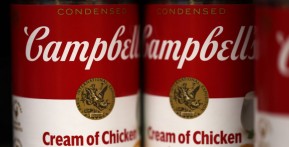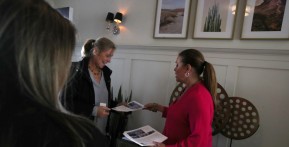Prices of cleaning products have markedly increased over the past few years. While the availability of these products in the markets offer convenience, there are some ways you can make natural cleaning products at home, which do not only help you save money, but it's also great health- and environment-wise.
With just a couple of common household items, you can easily and quickly make your very own natural cleaning products at home. However, certain solutions may only be used for specific purposes so caution must still be done when doing this.
Money Crashers listed several homemade natural cleaning products, which can be done for a variety of uses. According to the publication, you may need to stock up on baking soda, distilled white vinegar, hydrogen peroxide, salt, lemon, corn starch, tea tree oil, cheap vodka and rubbing alcohol if you want to make your own cleaning products at home.
Stains from carpets may be difficult to remove and this may prompt you to call for a professional immediately, but that may be too costly. Just a simple mixture of white vinegar and water sprayed over to the stain covered with a coating of baking soda and left for at least three hours may immediately solve your problem.
Tiles and wooden floors also have their own specific cleaning agents. Simply mix a cup of vinegar with a gallon of warm water to clean the floor. For those of you who aren't very attracted to the smell of vinegar may try adding a drop or two of your favorite essential oil.
Realty Today also previously reported on a natural way of cleaning your kitchen sink and drain safely.
The products that will be used to clean the surface, however, will vary depending on the materials used in your kitchen sink.
For those of you who have a stainless sink, baking soda mixed with drops of water to make a paste is enough to clean the surface. Others may also line their sink with paper towels soaked in vinegar, leave it there for 20 minutes then rinse with warm soapy water.













